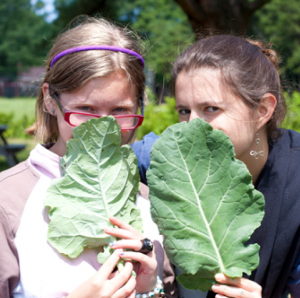After a long year of online classes and Zoom meetings, young people in Vermont are ready for the summer filled with fun. And we, as youth workers and third space program providers, cannot afford to miss out on this opportunity to have a meaningful impact on our youths’ lives. Just like adults, youth lost control over their daily routines. They missed milestone events like graduation, prom, stepping-up ceremonies, birthday parties, sleep-away camp, traveling, and much more. Many youth ‘feel lost in time,” and they are yearning for opportunities to connect with their friends and adults as well.
The youth we serve come with different needs. They may come from environments where their physical and emotional safety is not the first priority. For many children and teens, our programs provide a space to be themselves and celebrate their existence. Thus, our programs must model healthy boundaries while maintaining connections with youth.
The act of building deep connections and maintaining boundaries to ensure the physical and emotional safety of our youth is tricky and requires us to be intentional.
Here are some ways to promote physical and emotional safety of youth in your program:
- Training and professional development opportunities for staff: Providing training and workshops for staff on topics ranging from mandatory reporting, youth-mental health, social-emotional learning, behavior management, etc., is crucial to ensure the program’s success. You can find a complete list of training/workshops offered by Vermont Afterschool here. In addition, ensuring staff know about the organization’s safety protocols helps minimize confusion and promote the physical safety of staff and youth. Thus, allocating time to practice drills during the orientation is essential.
- Open communication/ Open dialogue: Youth want and need to know that we trust them and we believe in their abilities to be the changemakers. This happens when we promote open communication between staff, youth, and administration. Youth must be setting the tone of the programing with expectations. Role-playing is one of the activities you could do to encourage open dialogue and foster confidence in youth. Please see the list of useful questions for dialogue facilitation by clicking here.
- 3Rs: Whether you are looking for opportunities to engage youth in a meaningful conversation or inspire them to take on a leadership role, your relationship with them plays a key role. Furthermore, one of the protective factors for youth is a positive relationship with at least one trusted adult. We can be that one adult youth can trust. Consider these ice breakers for building relationships. Relationships last when you have mutual respect for each other. Thus, it is essential to let youth know that you value your relationships with them and that they matter to you. It is equally important to set aside some time for reflection at the end of the day to address any issues that need to be addressed.
For more resources and information, check out these articles in our summer SEL series:

